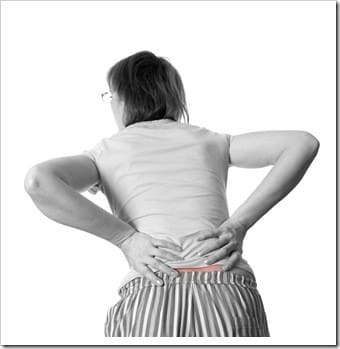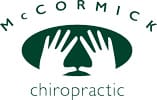
For decades, osteoarthritis has been considered a part of aging. But not anymore. Recent research points out that older people don’t have to suffer from osteoarthritic pain. And, surprisingly, people much younger than 65 can develop osteoarthritis.
What Is Osteoarthritis?
Osteoarthritis (OA), or degenerative joint disease, affects more than 20 million Americans and is more common in women than in men. The disease affects the cartilage, which is a slippery tissue on the ends of bones that meet in a joint. Normally, cartilage helps bones glide over one another. In an OA patient, however, the cartilage is broken down and eventually wears away.
As a result, instead of gliding, bones rub against each other, causing pain, swelling, and loss of motion.1 Although the majority of patients with OA are 65 and older, recent research shows that osteoarthritis is not a by-product of aging. Family history of OA, being overweight, lack of exercise, and prior joint injuries are suggested as OA risk factors.
How Is Osteoarthritis Diagnosed?
OA is diagnosed through a combination of clinical history, patient examination, and x-rays. Other tests, such as drawing fluid from the joint, are sometimes used.
The signs of OA include:
- Steady or intermittent joint pain
- Joint stiffness after sitting, sleeping, or otherwise not moving for a long time
- Swelling or tenderness in the joints
- A crunching feeling or the sound of bones rubbing against each other.
If you experience any of these signs, consult your health care provider. While the diagnosis is relatively easy to make, it is often harder to establish whether or not OA causes the patient’s symptoms. That’s why the treating doctor needs to not only make the diagnosis, but also rule out other disorders and conditions that can make the symptoms worse.1 Timely diagnosis and treatment can help manage pain, improve function, and slow the degeneration.
Should Osteoarthritis Patients Exercise?
Exercise is one of the best forms of OA treatment and prevention. It strengthens the muscular support around the joints and improves and maintains joint mobility and function. In addition, exercise helps control weight and improves the patient’s mood and outlook, which are important factors influencing the severity of the symptoms.
If you suffer from OA, consider the following exercise tips:
- Low impact or non weight bearing activities, such as walking, stationary training, and light weight training work best for OA patients.
- Use strengthening exercises if the key muscle groups that relate to the function of the joints are weakened by the degeneration.
- If you are overweight, start exercising carefully, so as not to put too much stress on the knee and ankle joints.
- Stair climbing, water aerobics, Theraband workouts, and similar exercises will help to keep the joints mobile without straining them.
- Learn to read the body’s signals and know when to stop, slow down, or rest.
How Can Your Chiropractor Help?
Doctors of chiropractic, by the nature of their work, can detect the earliest degenerative changes in the joints. They see the impact of degenerative changes in the spine, as well as in the hips, knees, and other weight bearing joints. Doctors of chiropractic are also trained to relieve the pain and improve joint function through natural therapies, such as chiropractic manipulation, trigger-point therapy, or some massage techniques.
Doctors of chiropractic can provide exercise counseling, helping you choose exercises that are best for you. If a sore or swollen joint prevents you from exercising, talk to your doctor of chiropractic about other drug free pain relief options, such as applying heat or cold to the affected area. In addition, your doctor of chiropractic can help you choose proper supplements that play important roles in OA prevention and treatment.
References
1. Osteoarthritis: Handout on Health. National Institute of Arthritis and Musculoskeletal and Skin Diseases. July 2002.
For Your Health,
Dr. Connor McCormick and Dr. Darryl Hajduczek
